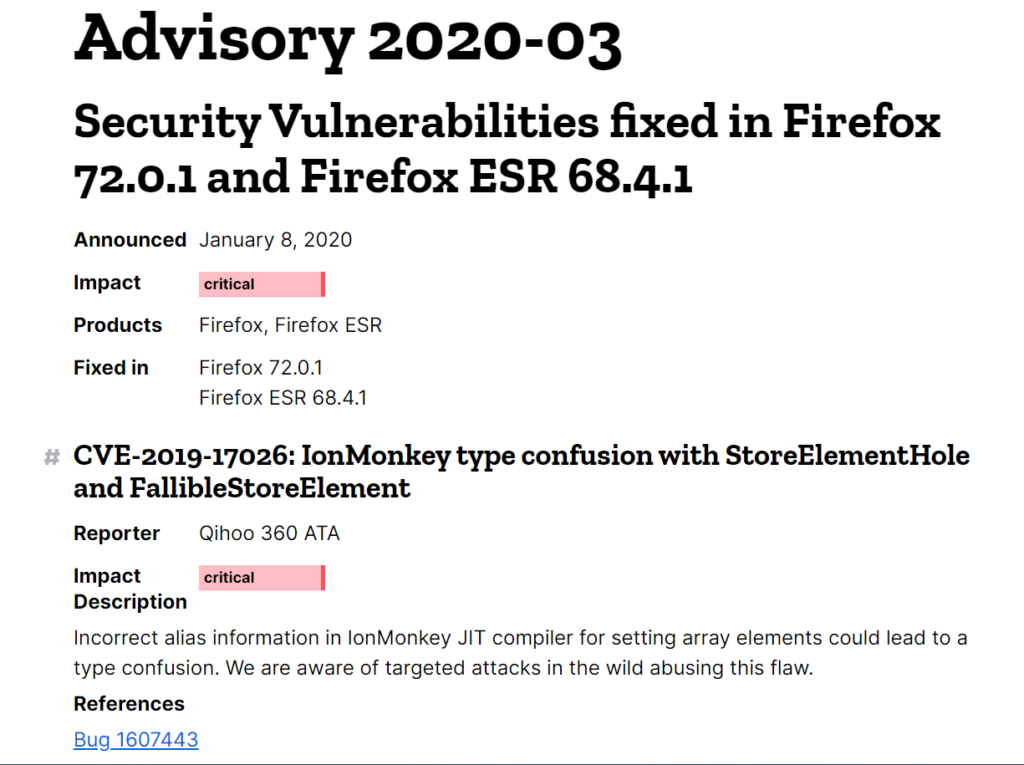Vulristics Vulnerability Score, Automated Data Collection and Microsoft Patch Tuesdays Q4 2020. In this episode I would like to make a status update of my Vulristics project. For those who don’t know, in this project I retrieve publicly available vulnerability data and analyze it to better understand the severity of these vulnerabilities and better prioritize them. Currently, it is mainly about Microsoft Patch Tuesday vulnerabilities, but I have plans to go further. Also in this episode I want to demonstrate the new Vulristics features on Microsoft Patch Tuesday reports for October, November and December 2020.

Patch Tuesdays Automated Data Collection
First of all, I dealt with the annoying collecting of the data for Microsoft Patch Tuesdays reports. Previously it took pretty long time. I had to go to Microsoft website and search for CVE IDs. After that, I had to get the comments from various Vulnerability Management vendors and researchers blogs (Tenable, Qualys, Rapid7, ZDI). I wanted this to be as much automated as possible. I have added some code to make CVE search requests on the Microsoft website for a date range (including the second Tuesday of the month). I also figured out how to make searches on the Vulnerability Management vendors blogs. So, now to get a Microsoft Patch Tuesday report it’s only necessary to set the year and month.


